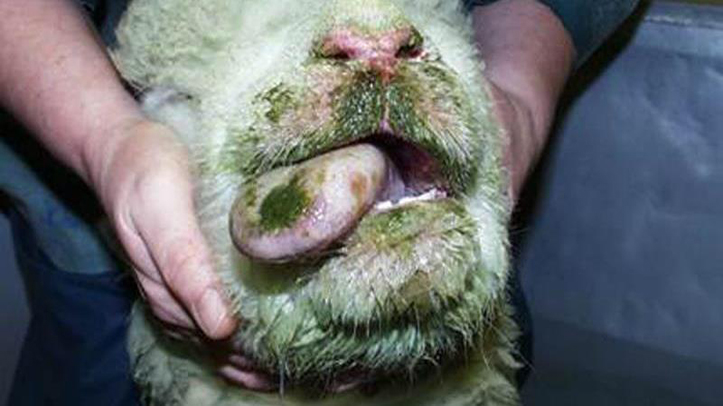Following reports of a new strain of bluetongue virus (BTV-3) emerging and spreading rapidly in the Netherlands, there is increasing concern about the situation and its proximity to the UK.
Ruminant Health and Welfare (RH&W) has facilitated emergency meetings this week, bringing together over 40 key stakeholders and representatives from across the industry, to ensure the four nations are prepared for this emerging disease threat.
“What we are advising is three-fold. Farmers need to beware when buying animals in, especially from Europe, take action to report any signs of the disease, and at all times, remain vigilant,” explains Dr Joseph Henry, president of the Sheep Veterinary Society and member of RH&W’s steering group.
The new strain
BTV-3 is a viral disease transmitted by biting midges, which affects all ruminants (e.g. sheep, cattle, goats and deer) and camelids (e.g. llama and alpaca).
Dr Henry said: “The existing BTV-8 serotype vaccine will not offer cross-protection against this new BTV-3 strain, making any likely outbreak difficult to control. Hence why it’s so important that we follow the advice to take action and prioritise good biosecurity measures while remaining extremely vigilant to the disease at this stage.”
Dr Henry continued: “It remains extremely difficult to protect against midges and a vector borne disease. However, there is always a role for good biosecurity and insecticides, but it’s important to differentiate between products licensed for use on animals, and those designed for use on building and vehicles.”


